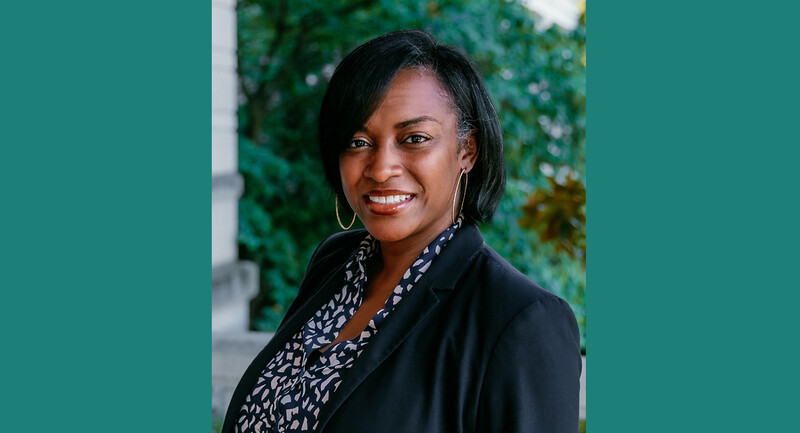I'm a worrier at heart, fretting about odd things that probably don't stalk folks who have a less porous filter. One of my worries has to do with our obsession with standards (or, perhaps more accurately, standardized tests) and where it's taking us in terms of curriculum design. I feel pretty sure this obsession makes it hard to remember that we teach young humans first. If we forget the learner as we crank out lessons solely focused on goals that young people don't care much about, we've forgotten what teaching really is.
The Objectives of Lessons
I recently revisited Nel Noddings's 2005 book The Challenge to Care in Schools. Although I don't subscribe to all of her ideas, I find power in many of them. They remind me that teaching is a deeply human enterprise.
She bemoans the reality that schooling seems designed "to make the individual teacher, the individual student, and their relationship irrelevant to the success of instruction." Once objectives are chosen, she observes, "teachers are not supposed to deviate from them." Rather,
Teachers are supposed to seek means within a narrowly defined standard form to reach the objectives and, further, the objectives now established are almost entirely cognitive. The purposes and objectives of students are ignored (indeed denied, as random behavior) unless they happen to coincide with those of the teacher.
She notes that "the demand is for every lesson to be driven by a 'standard' and evaluated on the basis of whether students meet it. The pervasive goal is control, control of teachers, of students, and of content." Ouch.
I understand her conclusion—and her concern, especially as I work with teachers in varied contexts. Pacing guides too frequently hold far more sway in curricular and instructional decision-making than do the realities of the young people. Students' worth will often be judged on the basis of their skill and their mastery of the canon of what matters, determined by adults whom they have never met.
Thinking Forward
Complex issue. Lots of thoughts. Not much space. So here are four assertions for your consideration.
First, if we actually believe it doesn't matter whether learners care about what we ask them to learn, we've lost our way. At the university, I teach many bright young adults who intend to learn anything that's put in front of them—as long as all they have to do is commit it to memory and for the purpose of a grade. Sad as that is, they are likely better off than the multitude of K–12 students who halfheartedly poke at the plates full of disconnected and distant information we serve up each day—and the multitude who simply push those plates away. To create real learners, teachers have to reach the hearts, souls, and minds of students. Teaching a list of standards won't get us there.
Second, there's wisdom in teaching with clarity of outcome—nothing wrong (and potentially much right) in declaring what we value. What's wrong is that we've allowed a list of standards to become the curriculum. My own bias is that the Common Core standards are potentially more beneficial to students than many sets of standards in the United States that preceded them. Still, like all standards, they are simply ingredients for curriculum—not the curriculum itself. To generate compelling curriculum, teachers have to embed the standards in learning contexts that enliven the curiosity and thinking of students and that represent with validity the nature and intent of the disciplines they teach. Right now, we often dish out raw ingredients when we should be making dinner.
Third, teaching "invitationally" does not necessitate abandoning important information, skills, and ideas. Rather, it calls on teachers, as Steven Levy says, to steer students' enthusiasms to the shore of the required curriculum. Take the middle school teacher who asks students to write autobiographically as they read biographies, conduct and record interviews with key people in their lives, and compare perspectives in StoryCorps interviews. This teacher focuses students on a wide range of Common Core reading and writing standards without making the work feel sterile or remote. Teaching invitationally is not a choice between standards and meaningful learning, but rather a choice to ensure that students experience the worth of ideas and skills.
Fourth, we are wise to see any set of standards as starting points for learning rather than boxes that define the perimeters of learning. The new British Columbia curriculum framework has a limited number of "big ideas" or essential understandings clearly articulated for the content areas. In addition to fundamental skills of literacy and mathematics, the framework includes skills in communication, critical thinking, creative thinking, positive personal and cultural identity, personal awareness and responsibility, and social responsibility. I like how the big ideas and skills are delineated and how the skills integrate meaningfully with the content. I particularly like that teachers are encouraged to "make dinner" that will invite learners to the table of learning, not to serve ingredients.
Here's the thing. If I understand that my job is to make dinner, to create learning fare that's both nourishing and appetizing, and if I accept that any set of standards is just a starting point, then I'm free to integrate elements from other sources into my curriculum framework—with the end goal of enlivening learning for my students, and enlivening them as learners.








